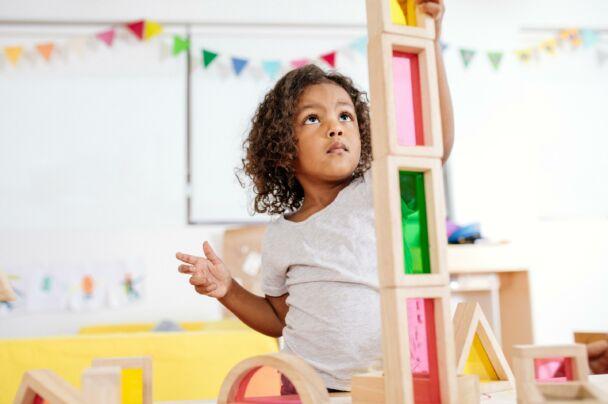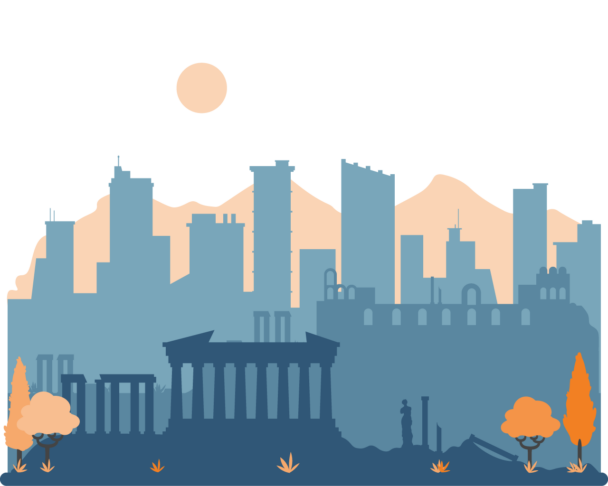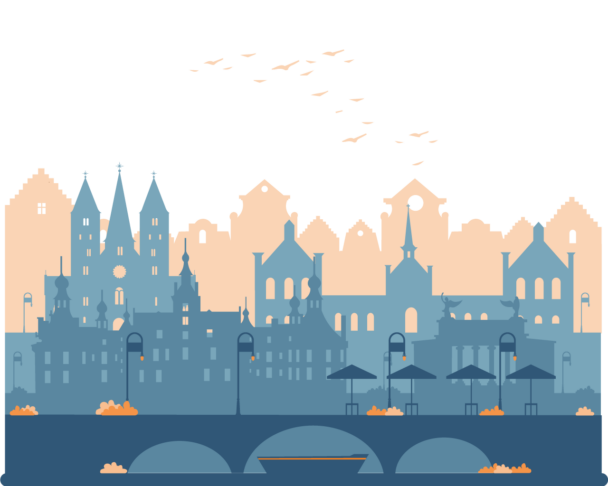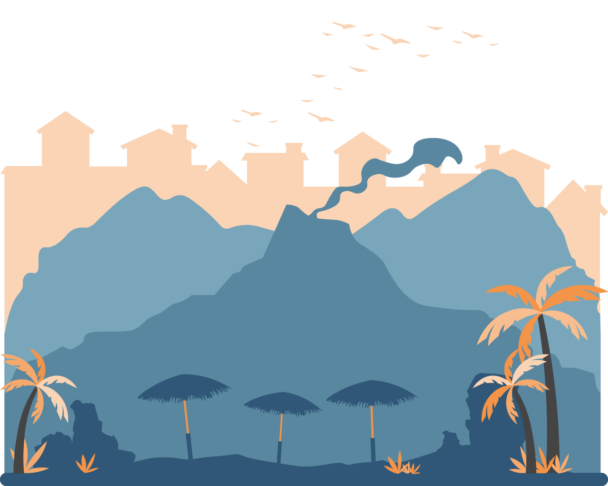Description
Short attention span? Lack of motivation? Aristotle had the answer many centuries ago: what we have to learn, we learn by doing!
For decades, there has been evidence that classroom techniques designed to get students to participate in the learning process produce better educational outcomes at virtually all levels. Let’s put this idea into practice!
This course will guide participants to introduce meaningful activities and games in their classroom thereby creating an active learning environment. The result? Attention and retention on the part of the students will increase substantially!
Participants will get a deeper insight into active learning strategies that involve learning by doing rather than sitting, listening, and repeating. For instance, daily activities will include, among others, learning through play, role play, peer teaching, and body-play learning.
By the end of the course, course participants will discover the value of teaching and learning through useful activities and games.
Take this knowledge to enhance your students’ motivation and engagement back home and into your classrooms!
What is included
Learning outcomes
The course will help the participants to:
- Identify the benefits of active learning for students;
- Evaluate and select appropriate active learning techniques for their teaching context;
- Design active learning activities for their classroom;
- Increase student engagement.
Tentative schedule
Day 1 – Introduction to the course and holistic education
- Introduction to the course, the school, and the external week activities;
- Icebreaker activities;
- Presentations of the participants’ schools.
Holistic education
- Developing the whole child;
- The holistic education puzzle.
Day 2 – Incorporating movement into the classroom
- The kinesthetic classroom: teaching and learning through movement;
- Play with the body;
- Brain breaks;
- Brain primers.
Day 3 – Managing emotions with games and activities
- Social-Emotional Learning;
- Outdoor activities for mindfulness.
Day 4 – Learning to communicate through games
- Experimental travel;
- Active listening;
- How to be a good listener.
Day 5 – Effective communication
- It’s how they say it: recognizing and interpreting non-verbal cues;
- Open-ended vs closed questions: the guessing game.
Day 6 – Course closure and cultural activities
- Course evaluation: round-up of acquired competencies, feedback, and discussion;
- Awarding of the course Certificate of Attendance;
- Excursion and other external cultural activities.





